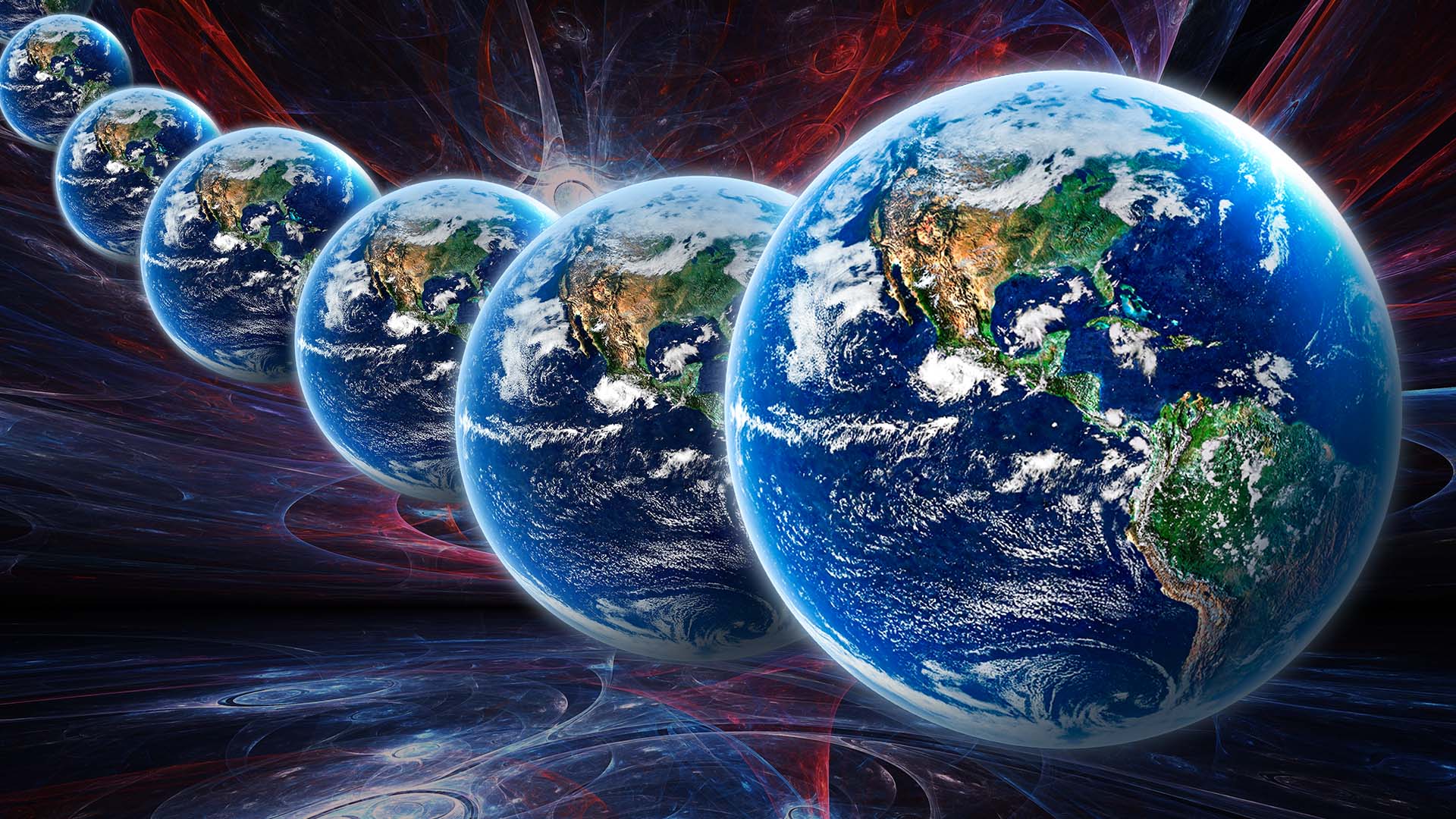
Once relegated to the realm of science fiction, the concept of the multiverse has now become a cornerstone in modern cosmology. It’s a theory that has captured the imagination of scientists and the public alike, suggesting that our universe might be just one of many. This idea, once deemed too fantastical even for television, is now unavoidable in serious scientific discussions.
Imagine waking up one morning to find that something feels off. The familiar setting of your home is subtly altered—the furniture is slightly misplaced, your coffee mug is cracked, and your coffee maker has inexplicably changed color. As you question your sanity, a blinding flash and an eerie silence plunge you into confusion. What just happened? Could it be that you momentarily slipped into a parallel universe?
The notion of parallel universes has long been met with skepticism, often dismissed as absurd. Yet, stories of individuals experiencing inexplicable shifts in reality abound. In 1851, Joseph Warren was found wandering in Frankfurt, Germany, claiming to be from a nonexistent country called Luxaria. In 1905, a man in Paris, speaking an unknown language and claiming to be from Lisbia, baffled everyone. Perhaps the most intriguing story is that of a man from Torrid, who vanished without a trace from a guarded hotel room in Tokyo, leaving no evidence of his existence.
These anecdotes, though lacking empirical evidence, fuel the curiosity about parallel universes. Quantum mechanics, a field rife with phenomena that defy our understanding, adds to this intrigue. The behavior of electrons, which exist in multiple places simultaneously until measured, challenges our perception of reality. This wave-particle duality, demonstrated in the double-slit experiment, suggests that multiple realities might be more than just a theoretical possibility.
In 2014, the Many Interacting Worlds theory proposed that not only do infinite parallel universes exist, but they can and do interact with each other. This theory found potential support in the case of Lorena Garcia, who woke up one morning to find herself in an alternate reality where her job, relationships, and even her surroundings had inexplicably changed.
These stories echo a common theme: the possibility of crossing into parallel realities. One such case involved a man traveling through Tokyo Airport. His passport, from a country that didn’t exist, was genuine. This incident, along with the enigmatic behavior of quantum particles, suggests that our understanding of the universe is still in its infancy.
The tale of Broderick Janenspur, the man from Torrid, is particularly compelling. After claiming to be from a nonexistent country and presenting seemingly authentic documents, he vanished from a hotel room under guard. His disappearance, along with the loss of his documents, remains an unsolved mystery, fueling theories of interdimensional travel.
While these accounts remain anecdotal, they highlight the potential of the multiverse theory. Imagine a reality where historic events unfolded differently, or where you lead an entirely different life. These possibilities push the boundaries of our imagination and scientific inquiry.
The exploration of the multiverse is not without its challenges. Traversing between dimensions, if possible, raises profound questions about the nature of space-time and the consequences of such interactions. Yet, as we continue to delve into these mysteries, we must embrace the beauty of infinite possibilities.
The multiverse, whether it remains an enigma or becomes a proven reality, beckons us to explore, question, and expand our understanding of existence. The allure of countless parallel realities challenges us to push the boundaries of our perception and scientific knowledge.
As we continue this journey into the unknown, let us remain curious, keep dreaming, and let our imaginations soar across the vast expanse of the multiverse. Who knows what incredible discoveries await us in the uncharted territories of reality?
Until next time, stay curious and keep exploring the fascinating possibilities of the multiverse.



